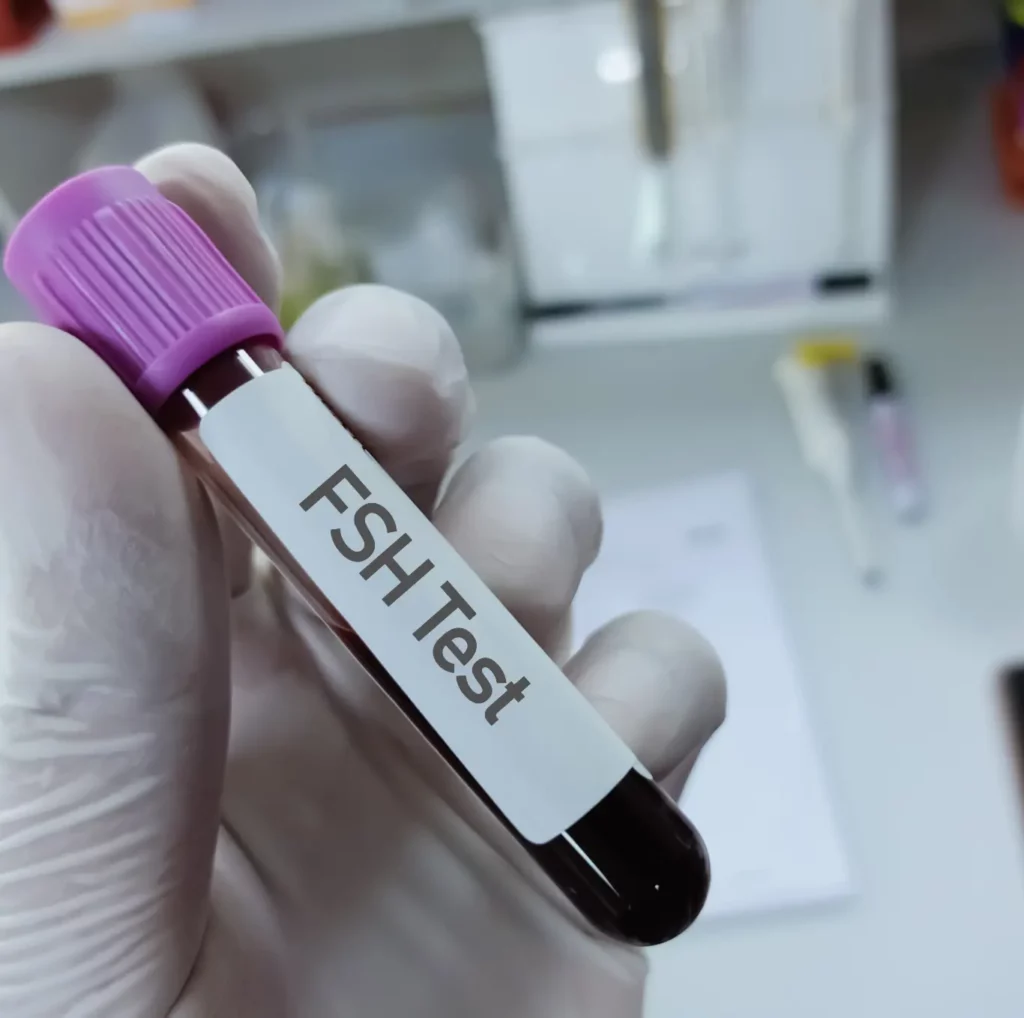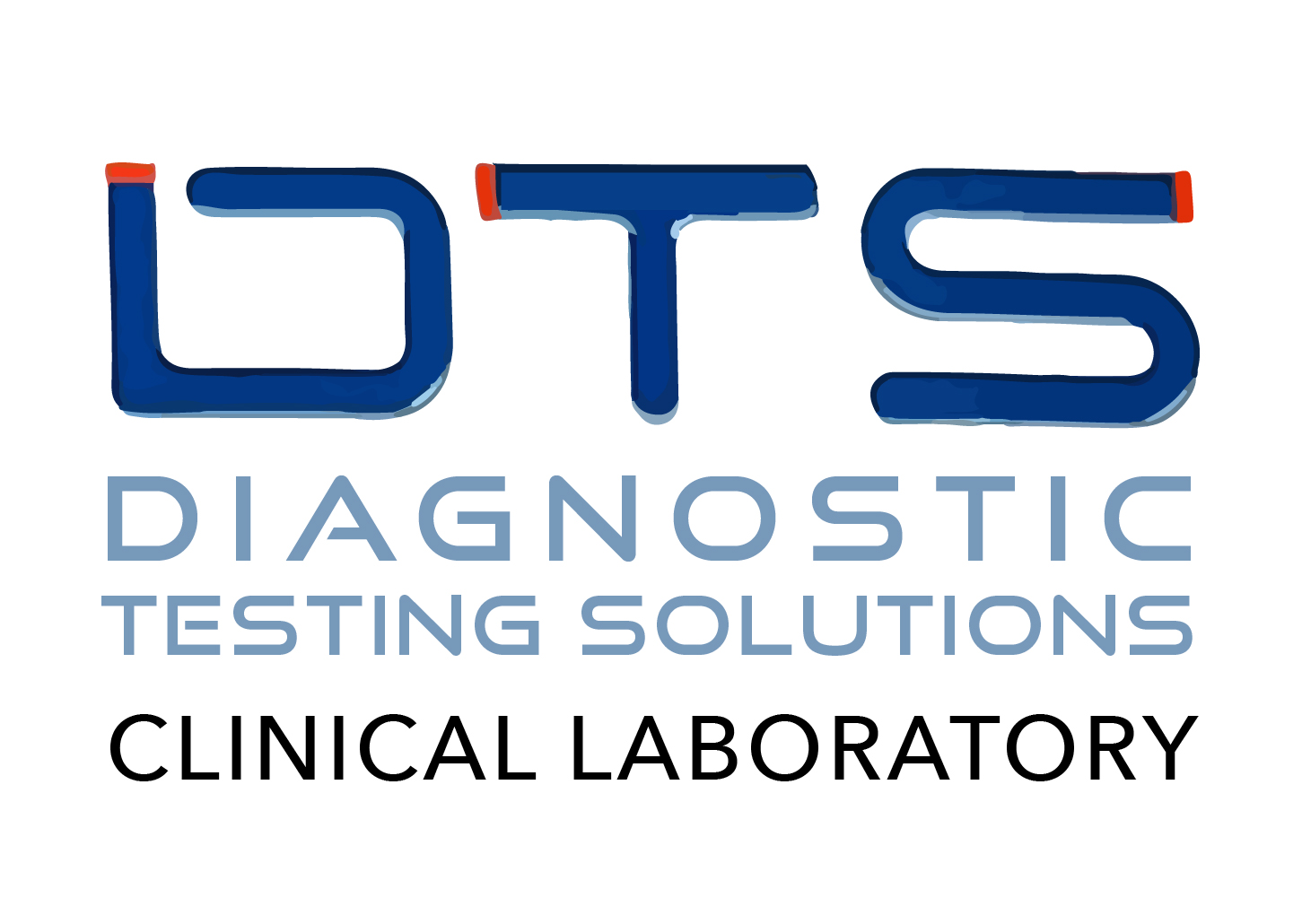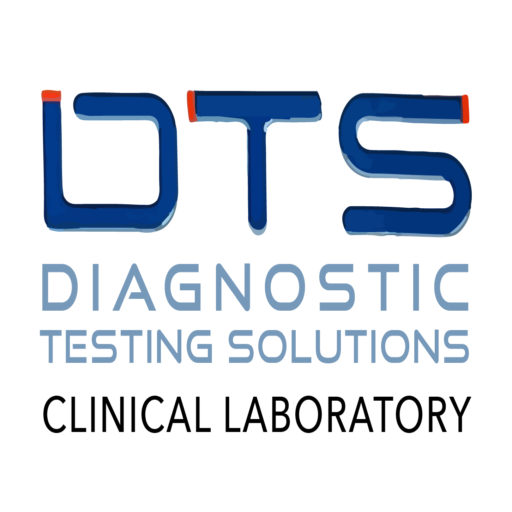
FSH Test Chicago (Follicle Stimulating Hormone Test)
$49.00
Comprehensive Hormonal Health Assessment with the FSH Test
The General Health Panel Test is an essential diagnostic tool that comprehensively assesses your overall health. Among the various tests included, the Follicle follicle-stimulating hormone (FSH) test stands out as a critical diagnostic tool. This test measures the amount of FSH, a vital sex hormone produced by the pituitary gland, in your blood.
FSH plays a crucial role in reproductive health for both men and women. In women, FSH stimulates the production of eggs and the hormone estradiol during the first half of the menstrual cycle. In men, FSH is essential for stimulating the production of sperm. Understanding your FSH levels can provide important insights into various aspects of your health, including sexual development, fertility, and pituitary gland function. Another essential component of this panel is the Blood Glucose Test, which helps monitor your blood sugar levels and is vital for managing conditions like diabetes.
Test Details
- Sample Type: Blood & Urine
- Age: 18+
- HSA/FSA: Accepted
- Collection Method: In person at a Labcorp location
- Results: 1 day from when your sample arrives at our lab
- Test must be taken by purchaser
Test Purpose: The primary purpose of the FSH test is to help diagnose and manage a variety of conditions related to sexual development, menstruation, fertility, menopause, and pituitary disorders. Elevated or decreased levels of FSH can indicate underlying health issues that may require medical attention.
What’s Included in this Package
Measurement of Follicle Stimulating Hormone (FSH) Levels:
This test precisely measures FSH levels in your blood, which is crucial for evaluating reproductive health and diagnosing related disorders.
Cholesterol Lipid with Ratio (Lipids Panel)
Measures cholesterol levels, including HDL, LDL, and triglycerides, to assess cardiovascular health and risk for heart disease. This lipids panel is essential for monitoring and maintaining heart health.
Thyroid Stimulating Hormone (TSH) Test
Checks thyroid function and can help diagnose thyroid disorders. The thyroid stimulating hormone TSH test is vital for evaluating metabolic health and ensuring proper thyroid function.
Preparation Instructions
Dietary and Medicinal Restrictions
No specific nutritional or medicinal restrictions are required before taking the FSH test. You can continue with your regular diet and medications unless otherwise directed by your physician.
Doctor’s Order
You do not need to provide a doctor’s order to get lab testing done at Any Lab Test Now. It makes it convenient and accessible for everyone to get tested.
Procedure
Purchase Your Test
You can purchase the FSH test by visiting our clinic directly or through our website for added convenience.
Provide Your Sample
Upon arrival at our clinic, a trained phlebotomist will collect your blood sample. The procedure is quick and minimally invasive, typically involving a simple blood draw from a vein in your arm.
Get Your Results
After the sample collection, the blood specimen will be analyzed in our laboratory. Test results are generally available within 24 to 72 business hours. You will receive a detailed report outlining your FSH levels.
PATIENT SERVICE CENTERS
Labs in more than 2,000 locations across the country.
Gain valuable insights into your health with the Diabetic Panel Blood Test to monitor blood sugar levels and manage diabetes effectively.
Frequently Asked Questions (FAQs)
No, fasting is not required for this test. There are no dietary or medicinal restrictions.
No, you do not need a doctor’s order to undergo this test at Any Lab Test Now.
Results are generally available 24 to 72 business hours after collecting your specimen
No appointment is necessary. You can walk in for same-day testing. We offer work-friendly hours to accommodate your schedule.
We recommend discussing your results with your physician. They can comprehensively interpret and advise you on any necessary follow-up steps.




